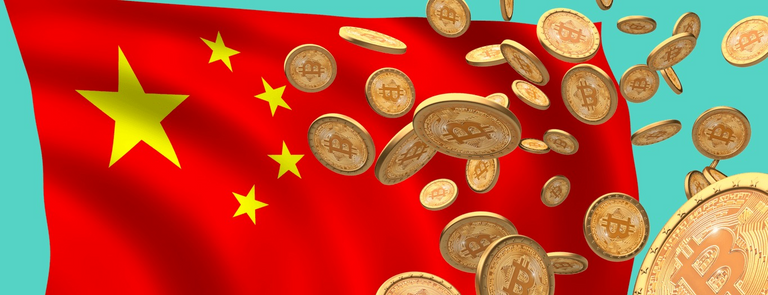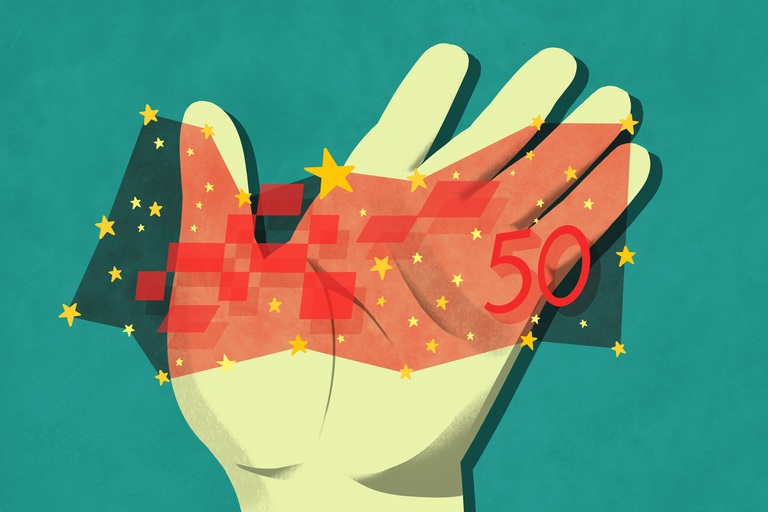How has China's position on cryptocurrencies changed?
The nation of China is known for its savvy handling of digital currencies.
In 2017, the National Bank of China imposed restrictions on digital money exchange exercises and its Core Offerings (ICO) contribution and requested several adjacent digital money exchange phases to suspend their training at the near level.
Then again, China has managed to seize and improve blockchain innovation, and is seen as one of the pioneers in mining Bitcoin and other forms of computerized minable cash, for example, 'Filecoin'.
Recently, numerous media reports have emerged including the confirmation of the Deputy Governor of the Chinese Central Bank (PBoC), who said that the Chinese state considers Bitcoin and computerized monetary forms as a resource option rather than forms of cash, and as needs that are, as he indicated, speculative options.
China is considering digital currencies as investment options:
"The kind of administrative imperative it needs to thwart the theoretical idea of these resources," said Mr. Li Bo, the National Bank of China will continue its current position in this resource category.
He told me this in English in a conversation to the board of directors on the general topic of the National Bank's computerized money Sunday evening.
Li's comment came due to an inquiry made by arbitrator Arjun Karbal, a prominent reporter, about whether China would maintain a tough stance on future cryptocurrency exchange exercises, and the reaction was as follows:
We consider bitcoin and stablecoins to be digital forms of money.
As Augustin just said, these are speculative options, not cash in and of themselves.
He added:
With regard to project options, many countries, including China, are still investigating the matter and thinking about what kind of administrative requirements may be insignificant, but we need some kind of administrative necessity, to thwart the theoretical idea of these resources from causing any dangers. Real identified with financial soundness. .
Moreover, before we have a clear idea of what kind of guidance we need, I think we will maintain our current standards.
As we said at the beginning of this article, the National Bank of China boycotted the introductory coin drills in 2017 and asked the neighborhood cryptocurrency exchange stages to suspend the exchange training.

How did thinking change?
The primary reason was that any pivotal stages of the digital currency exchange should not be allowed to act as bank supervisors for the Chinese yuan for the benefit of their clients.
From that point on, the exchange phases, for example, "Huobi" and "OKEx" were unable to introduce and expand the OTC cryptocurrency exchange worldwide.
Regarding stablecoins, they are digital forms of money, and in the event that they are generally recognized as an installment arrangement, then we need more basic guidance, more than Bitcoin, perhaps in feeling something like a coin board.
From now until the foreseeable future, I accept steady money, which might dream of switching to a widely recognized installment arrangement, which should be directed like a bank or quasi-bank.
China is poised to succeed in expanding the selection of its computerized funds to the National Bank.
During the impending Winter Olympics in 2022, it will not only be available to local customers, but as well as unfamiliar buyers and global visitors.
It should be noted that the internationalization of the renminbi is not expected to replace the dollar.

Images Credit
Thank You
